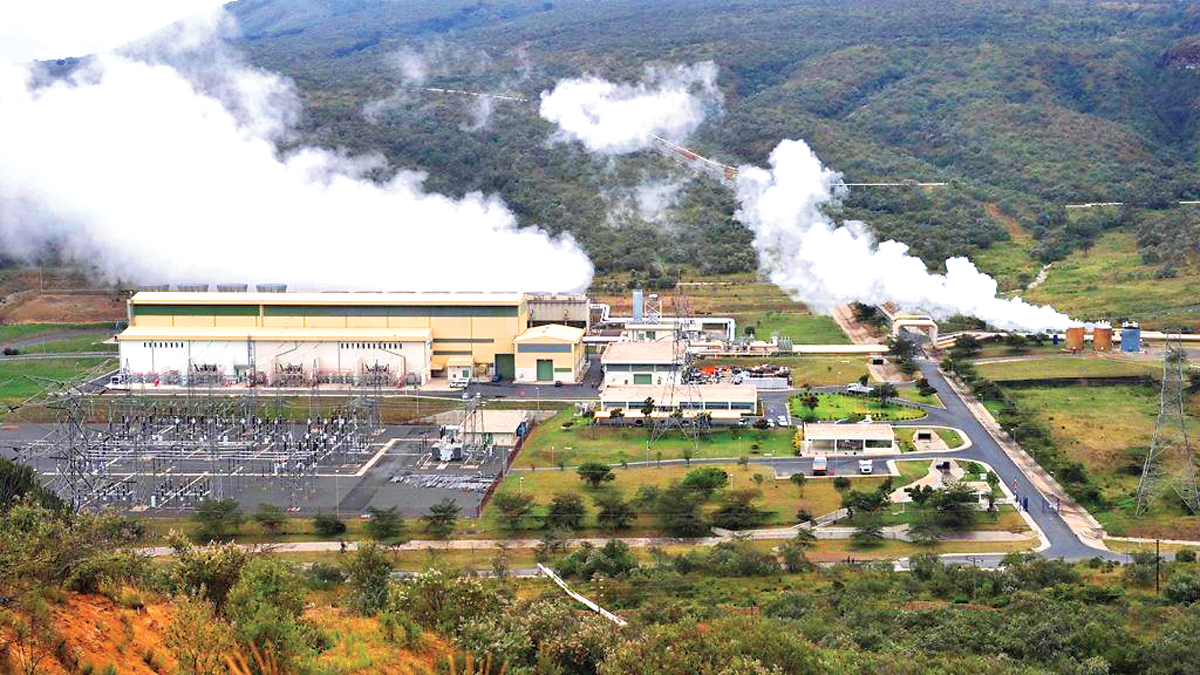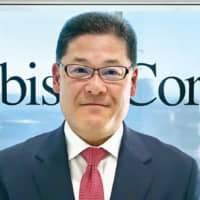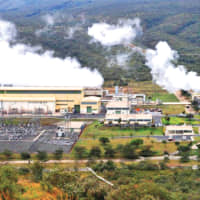Mitsubishi Corp. is committed to supporting Africa’s economic development. One of Japan‘s largest trading companies, it is active in 12 countries across the continent and the corporation’s business is growing at a breathtaking pace.
2018 saw Mitsubishi celebrate 60 years in South Africa. A restructuring in the same year saw the corporation separate itself from its European headquarters and establish an African headquarters in Johannesburg.
With about 80,000 global employees, Mitsubishi’s recently restructured global business covers 10 groups: Natural Gas; Industrial Materials; Petroleum and Chemicals; Mineral Resources (investments in MOZAL, a large aluminum smelter in Mozambique); Industrial Infrastructure (Tedzani Hydraulic Power Plant in Malawi); Automotive and Mobility; Food Industry (trading in coffee and other food materials); Consumer Industry; Power Solution (Olkaria Geothermal Power Project); and Urban Development (Kigali bulk water supply project in Rwanda).
“As we have had a presence in Africa for well over half a century, we understand the rapidly changing nature of doing business across the continent,” said Yas Doida, regional chief executive officer for Africa and the Johannesburg branch and one of Mitsubishi’s key executives for Africa since first visiting the continent in 1994.
“Mitsubishi Corporation was initially involved in trading goods such as automobiles. Later, investment opportunities in the resources sector led to projects in Angola, Mozambique and Gabon. In the 1980s to 2000s, our focus was on infrastructure projects, including airport developments. We helped facilitate official development assistance from Japan that contributed to the economic development of Africa and most importantly, the welfare of the population. With technology and high mobile telephone penetration in recent years, business is changing again, and we are in a strong position to grow our business in line with these developments.”
While 50 percent of Africa’s population does not have electricity at home, mobile telephones have become an economic driver for Africa’s economy.
“Mobile phones are a game-changer in Africa,” said Doida. “Mobile phones are increasingly used for mobile-money transactions and we are looking to make investments in digitalization initiatives and supporting businesses.”
The future of Africa is in the hands of the youth. In Nigeria for example, the average age of the population is 17 years old and the continent’s current population of 1.2 billion is expected to double by 2050. While Africa’s lack of infrastructure has held the continent back in terms of attracting investment, economies are rapidly developing solutions.
“Today, ‘off-grid’ power solutions are a reality and are being implemented with surprising speed,” said Doida. “Africa does not have ‘original’ infrastructure that needs upgrading and building electricity grids is not a priority as African economies can ‘springboard’ toward more efficient and cleaner technologies. Life is quickly improving for many people in Africa and we want to focus on moving forward with the people. Our investments in solar power and alternative energy solutions will benefit the population, businesses and the continent as a whole.”
By realizing the potential of Mitsubishi’s global network and cross-sector expertise, Doida is optimistic about the future of the corporation in South Africa.
“The fifth and current President of South Africa Cyril Ramaphosa is leading South Africa into the future,” said Doida.
“As a company committed to South Africa as a regional hub for the continent, we can see synergies between Africa and our ‘Asian experience,’ including success stories such as in India, Myanmar and the rest of Southeast Asia. Africa is challenging, dynamic and diverse, and to succeed here, companies and investors need to better understand the continent. There is huge potential here and we will continue to look toward the future as we contribute to the development of the continent.”





